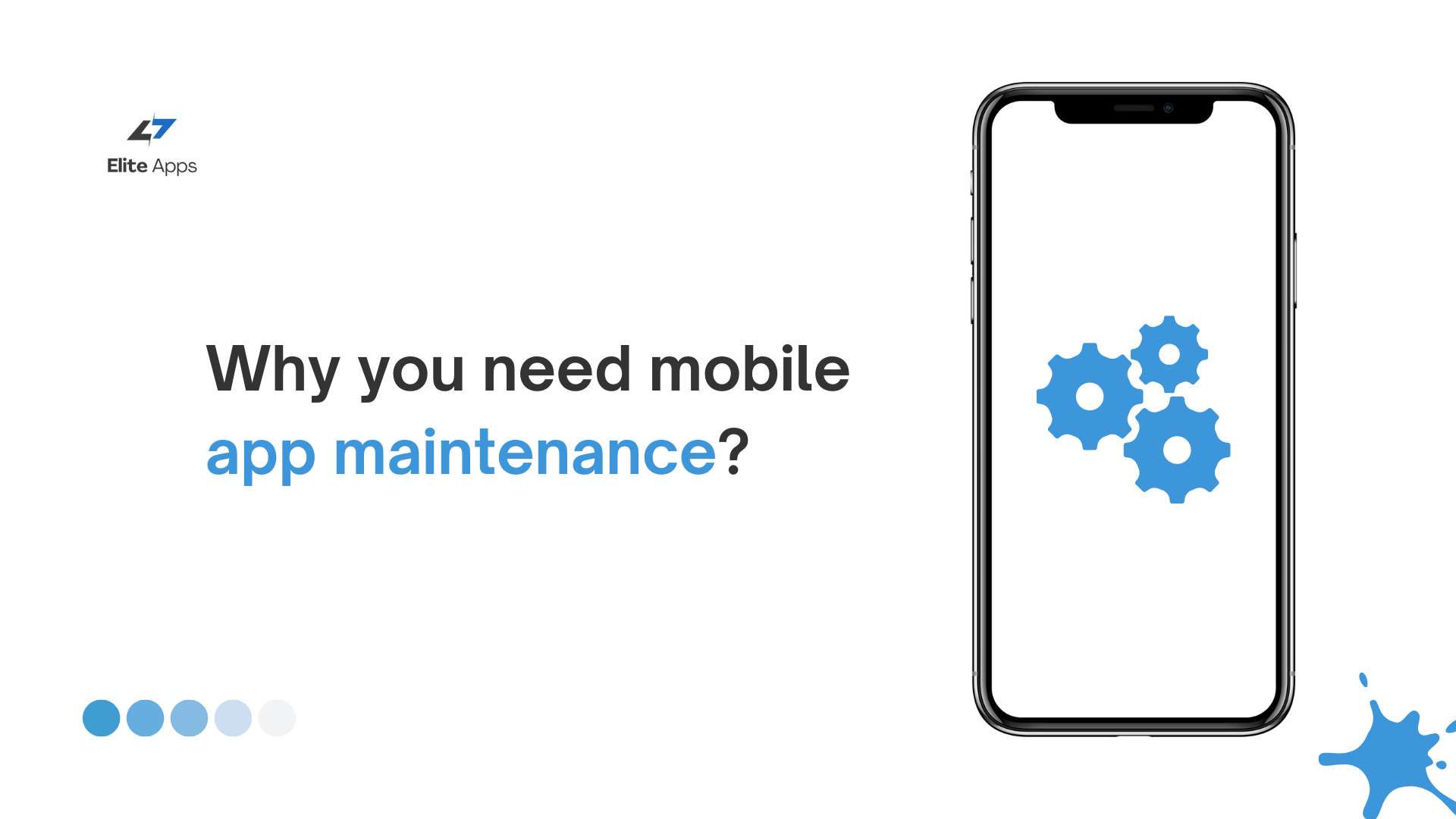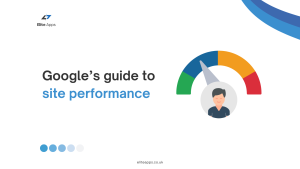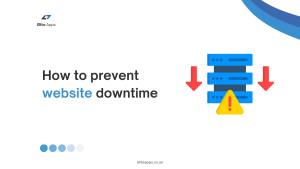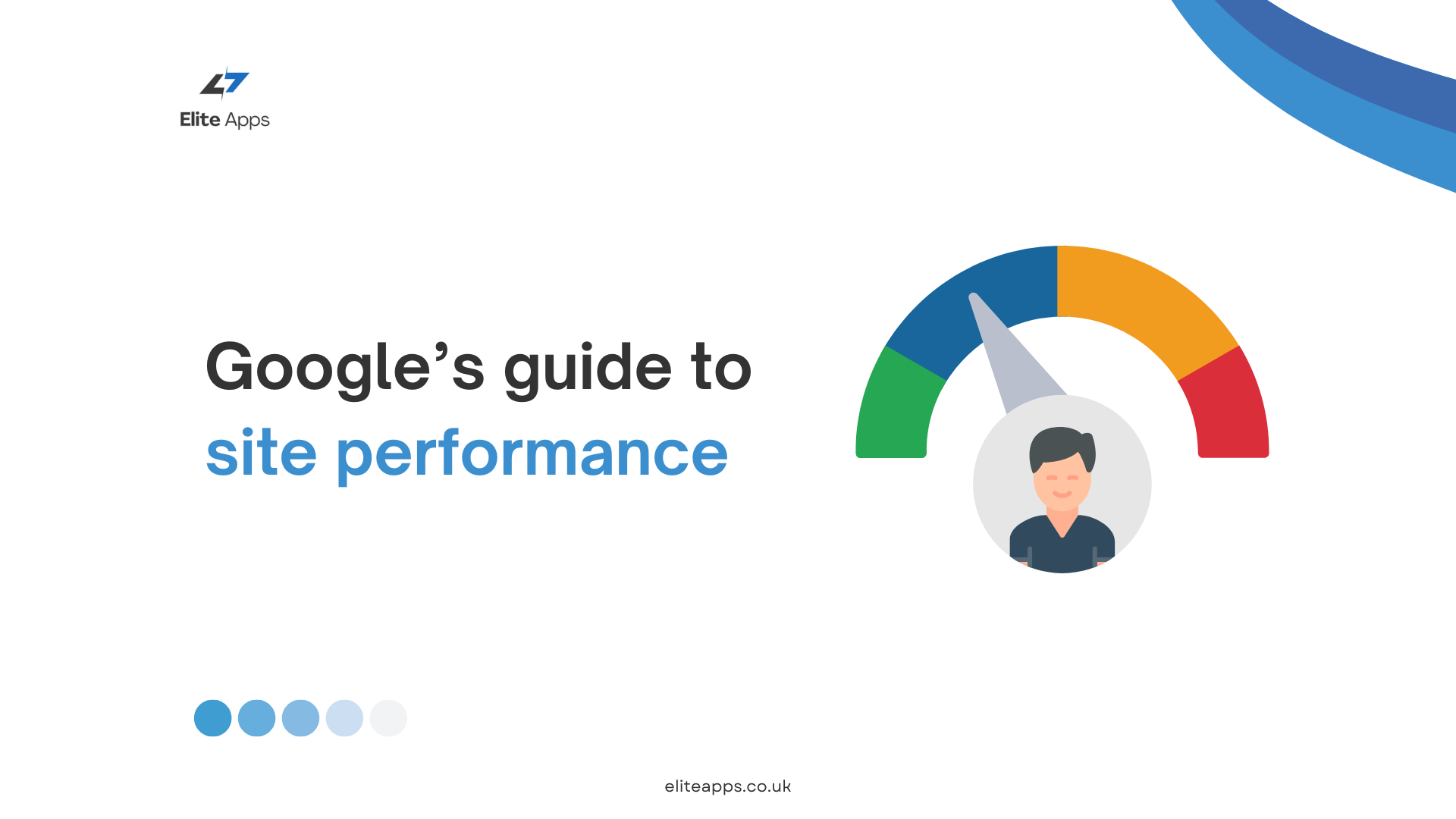Why You Need Mobile App Maintenance: Ensuring Long-Term Success
In today’s fast-paced digital world, mobile apps have become essential tools for businesses to engage customers, streamline operations, and drive growth. However, launching a mobile app is just the beginning of a longer journey. Like any software, apps require ongoing care to function optimally and deliver the best user experience. This is where mobile app maintenance comes into play.
Whether you’re developing a hybrid app or a native one, regular maintenance is crucial for several reasons. Let’s dive into why mobile app maintenance should be a top priority for businesses.
1. Improved User Experience
User experience (UX) is key to the success of any mobile app. Over time, users expect apps to remain responsive, intuitive, and bug-free. As technology evolves, so do user expectations. Without regular updates and maintenance, your app may start to feel outdated, sluggish, or riddled with bugs, driving users away.
Benefits of UX Maintenance:
- Regular fixes for bugs and glitches
- Enhancements based on user feedback
- Optimization for new screen resolutions and devices
2. Security and Compliance
Mobile app security is a major concern, especially with the increasing risk of cyberattacks. Neglecting app maintenance could leave your application vulnerable to hackers and data breaches. Regular updates help patch security vulnerabilities and ensure compliance with industry regulations and legal standards.
Security-focused maintenance includes:
- Updating libraries and frameworks to their latest versions
- Fixing vulnerabilities in third-party APIs
- Implementing security patches as they are released
3. Compatibility with New Devices and Operating Systems
With the constant release of new smartphones, tablets, and operating system updates, it’s crucial to ensure your app is compatible with the latest technology. Failure to do so could lead to poor performance or even app crashes, resulting in a negative user experience.
Why OS and Device Compatibility Matters:
- Apple and Android frequently release OS updates that might cause app incompatibility.
- Without maintenance, users on newer devices may face issues such as crashes or visual inconsistencies.
4. Performance Optimization
An app’s performance can degrade over time due to increased user data, server overloads, or unoptimized code. App maintenance helps in improving performance by identifying issues such as slow load times or inefficient memory usage.
Key areas of performance maintenance:
- Optimizing database queries
- Reducing app load times
- Improving responsiveness
5. Adapting to Market Trends and User Feedback
User preferences change, and market trends evolve. To keep your app relevant, it’s important to continuously adapt by adding new features, improving the user interface (UI), or integrating with new technologies like augmented reality (AR) or voice assistants. Regular app updates based on user feedback ensure that your app meets evolving user needs.
6. Reduced Long-Term Costs
Proactive mobile app maintenance can help avoid costly emergency fixes down the road. Regular updates prevent major breakdowns, minimizing downtime and saving money. Think of it like maintaining a car: regular servicing is much cheaper than paying for a complete overhaul when something breaks down.
Preventative maintenance includes:
- Monitoring app performance metrics
- Regularly testing app functionality across devices
- Addressing issues before they become critical
7. Improving App Store Ranking
Apps that are regularly updated tend to rank higher in the app stores. Both Google Play and Apple’s App Store favor apps with regular updates and bug fixes, as this indicates a commitment to improving user experience. This, in turn, attracts more downloads and helps grow your user base.
Conclusion
Mobile app maintenance is an ongoing process that ensures your app remains functional, secure, and relevant in the competitive app market. By investing in regular updates and improvements, you not only enhance user satisfaction but also ensure the long-term success of your app.
From enhancing user experience to securing your app from threats, the importance of maintenance cannot be overstated. Businesses that prioritize mobile app maintenance are likely to see better app performance, customer retention, and a higher return on investment (ROI). So, if you haven’t considered an app maintenance plan yet, now is the perfect time to start.








